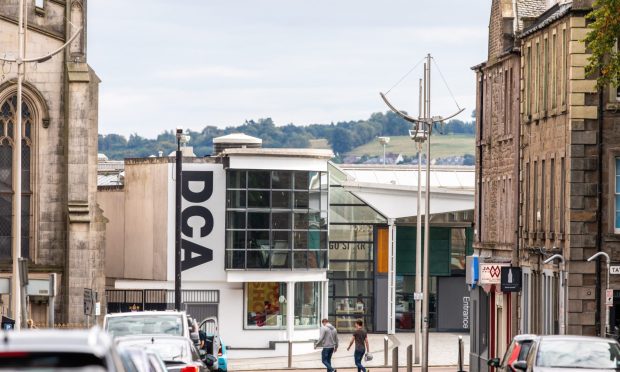There were a few days of decent weather earlier in the week, which may have tempted some people to cook outdoors.
I’m not much of a fan of barbecues myself, I prefer my food cooked.
However, it would appear I am an exception. On the odd day that the sun appears the flower of Scottish menfolk rush outdoors, conjure a fire (after several failed attempts), burn their fingers, almost asphyxiate in a smoke cloud and, if fortunate and only after several hours longer than promised, produce something vaguely edible.
But why on earth is barbecue routinely shortened to the ridiculous BBQ? It isn’t an acronym, or even a true abbreviation.
Even in the strange ocean that is the English language, barbecue is an odd fish of a word. It comes from barabicu in the language of the Taino people of the Caribbean and first appears in European languages as barbacoa, which translates as “sacred fire pit”.
There are various versions of what an original barbacoa was. One has it that it involved digging a hole, putting a goat in it (with a pot to catch the juices), covering it with maguey leaves (a spiny plant) and flammable material, and setting the whole thing on fire. I’m sure this was delicious and very enjoyable for all in attendance. Except the goat, of course.
The first appearance of barbacoa in written English was, according to the Oxford English Dictionary, as a verb in 1661. It wasn’t until Samuel Johnson’s dictionary of 1756 that the spelling barbecue appeared.
No one has recorded exactly when or where the first appearance of BBQ was, but I think I can broil up an answer. It was created by bloke who couldn’t spell (there are a lot of them about).
He was probably selling cheap barbecue implements and had to write a sign. I’m sure several attempts were made: babaqueue, barbycue, babycoo. Then, at his wit’s end (not a long journey), he decided to throw some initials on the paper and BBQ was born.
He probably thought he was being clever. I think he was an idiot. We can’t just shorten words to a few letters because they are difficult to spell.
What really gets my goat (that poor beast has been picked on already in this column) is that, as an abbreviation, it is wrong. It shouldn’t be BBQ, it must surely be BBC. The word is barbecue, not barbeque.
Now I realise, before you write to me, some misguided dictionaries list barbeque as an alternative spelling. But the word, as we have seen, has been barbecue since 1756, what reason would we have to change it?
BBQ is an imposter of a “word” and should be banned from the English language. Put that on your grill and smoke it!
Word of the week
Tarantism (noun)
A hysterical malady characterised by an extreme impulse to dance. EG: “After eating half-cooked meat I displayed a tarantism while queueing for the toilet”.
Read the latest Oh my word! every Saturday in The Courier. Contact me at sfinan@dctmedia.co.uk










